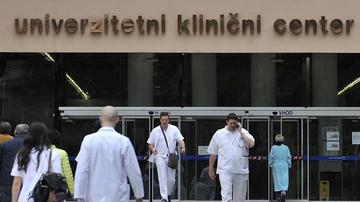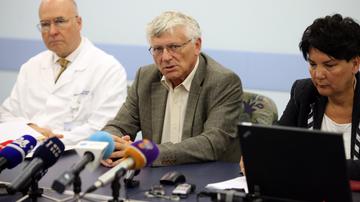The testimonies mentioned in the report revealed that at least in the case of one patient the respirator had been switched off, leaving the patient to suffocate. The head of the department and another doctor assured the commission of inquiry that the dying had been properly cared for. However, the deputy head of the nursing personnel told a completely different story, explaining that “the family of the patient had not yet said their goodbyes to him and it seemed that the patient was suffering”.
When she informed the treating physician about this, the latter said “that she was on a lunch break, that the patient didn’t want to live anymore anyway and that she had made her decision. In relation to the warning that the patient was in agony, the treating physician said she had already gave orders for morphine and that it should be added.”
Still, to the deputy head of nurses the dose of the morphine seemed lower than usual. In her words, “palliative care is also performed in this way, and on occasions this was a regular procedure made use of by the former head of the department and another departmental doctor”.
Poor communication and control over consumption of medication
The recent affair at the Neuro Clinic of the Ljubljana Medical Centre, with one of its doctors being investigated over suspicious patient deaths, has also shown that the “staff kept quiet for too long and reported the matter too late,” wrote the commission of inquiry.
There was no control over prescriptions of pharmaceuticals, even for illegal drugs. The doctors refused to sign the book into where information about prescription medication is entered. Out of 29 entries, only six had a doctor’s signature, and one entry was neither signed nor stamped or labelled with the name of a doctor. The control over the consumption of pharmaceuticals was negligent, too.
P. P., B. Š. B. TV Slovenija;
translated by K. Z.


































































